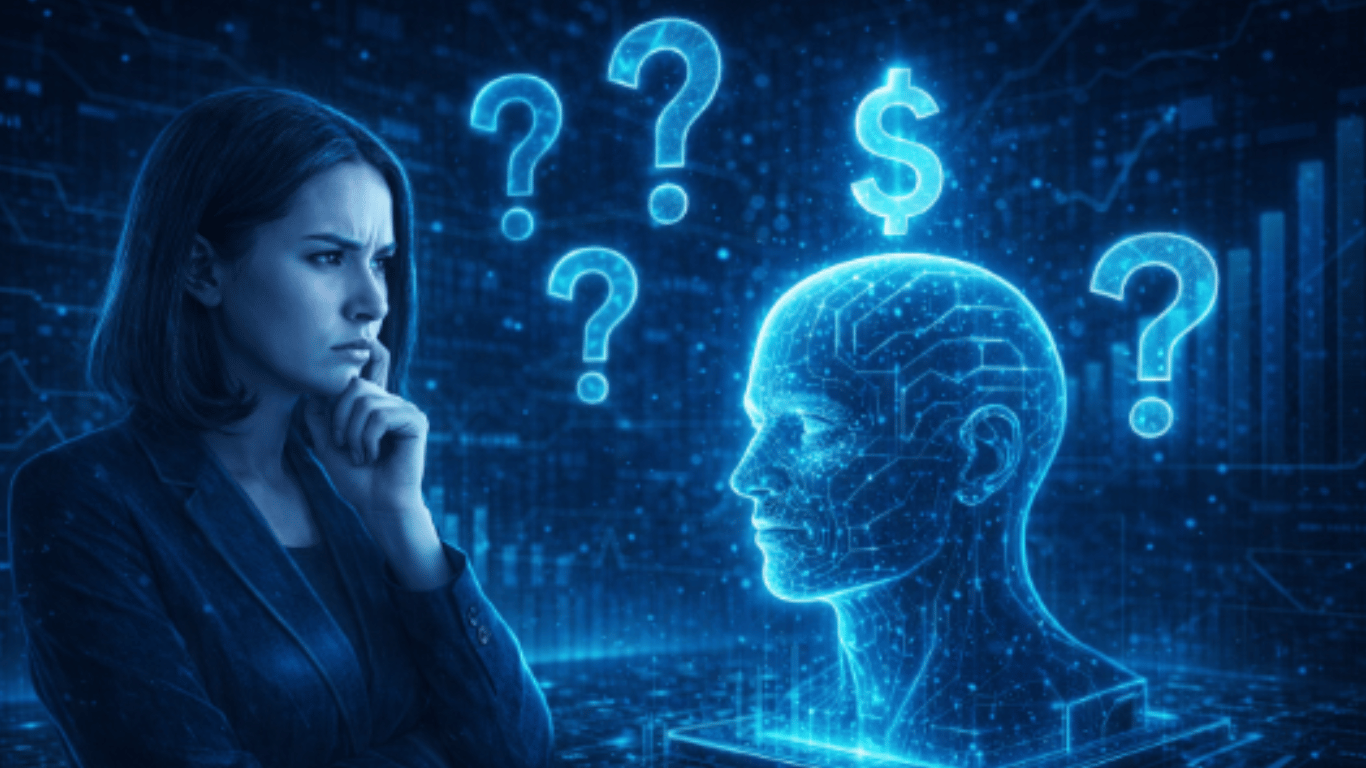Likely, because these two coins have different values. But even if I had given five of 1 dollar cent coins for a 2 euro cent coin would the cashier have accepted them? No as no one would be willing to use them as a legal tender in Eurozone. Would it be possible to exchange them at a bank? Probably not, because the transaction cost of exchanging such a small amount will be very high.
Our whole money system exists on the principles of Trust and Efficiency. If there is no trust, why would anyone exchange a piece of paper (or accept electronic money) for the stuff we buy. They do so because they trust that they can use this money further to run their business or buy other things. Efficiency, on the other hand, is important to reduce the transaction cost. The whole evolution of money from barter system, to Gold and Silver coins, to money as a certificate backed by precious metals, to the current fiat money is all to accomplish greater efficiency. There is no doubt that money will continue to evolve to bring in even more efficiency and reduce the transaction cost. From this perspective Digital- or Cryptocurrencies would be the logical next step in this evolution as these currencies can remove intermediaries to a large extent and bring down the transaction costs involved when money changes hands. They will also reduce the risk of fraud and counterfeiting.
The most famous cryptocurrency today is the Bitcoin. So is the Bitcoin our future money? I don’t think so. The underlying technology behind Bitcoin is Blockchain. Blockchain is strong and future belongs to it. Blockchain could indeed be the next Internet. What internet did to decentralize publishing is what Blockchain can do to decentralize ledgers. Blockcain can decentralize anything from contracts, to ownership deeds, to identity management and so on. And yes even money. However, just like the most important factor in evolution of money is efficiency the most important factor in acceptance of money is trust. Bitcoin was created by unidentified programmers and its management is complex for an average user to fully understand to be able to trust it. An average person still trusts governments and central banks (of other politically and economically stable countries in some cases). In such a scenario these authorities could fill in the trust gap associated with Bitcoin.
In future, Central banks with the help from consortium of banks can create digital currencies and sign every new coin with a cryptographic hash. This would mean money has been created by a trusted authority. The transactions should also be signed by this trusted authority before adding them to the Blockchain, reducing the risks such as double spending attacks. This will be very similar to the money we have in circulation except that it will be completely digital and will be maintained on a public distributed ledger. The new money will have all the efficiency that Blockchain provides such as transparency, faster transactions, eliminating intermediaries, and reduced risk of manipulation. However, this money could be trusted as it would be created by a central authority (or a consortium). This will also allow central banks to control supply of money in the market.
So what will be the role of the Banks in this new universe of cryptocurrencies? This subject demands a huge deliberation and rethinking in itself. I can say that, although these cryptocurrencies will make the role of Banks as financial intermediaries to process payments redundant, banks or similar institutions would still be needed to pool and distribute the risk. Future banks may not be the traditional banks as we know them now. They would be more sophisticated and technology-led firms using machine learning and large scale data analysis to enable customers make sound financial decisions. This would include helping customers minimize risk and manage portfolio. It will not be a surprise if some of the Fintechs from today will be the big banks of tomorrow. In any case, these new banks may still play a big role in circulation of money throughout the economy.
Future of Digital- or Cryptocurrencies is bright and for the right reasons. Long queues in the supermarket and people fidgeting with their coins and notes may still not be that annoying to you. But the next generation might never touch or feel the physical money. The physical form of money may keep on evolving but the principles behind usage and acceptance of money would remain the same: Efficiency and Trust. The future currency would need to comply with these principles.










